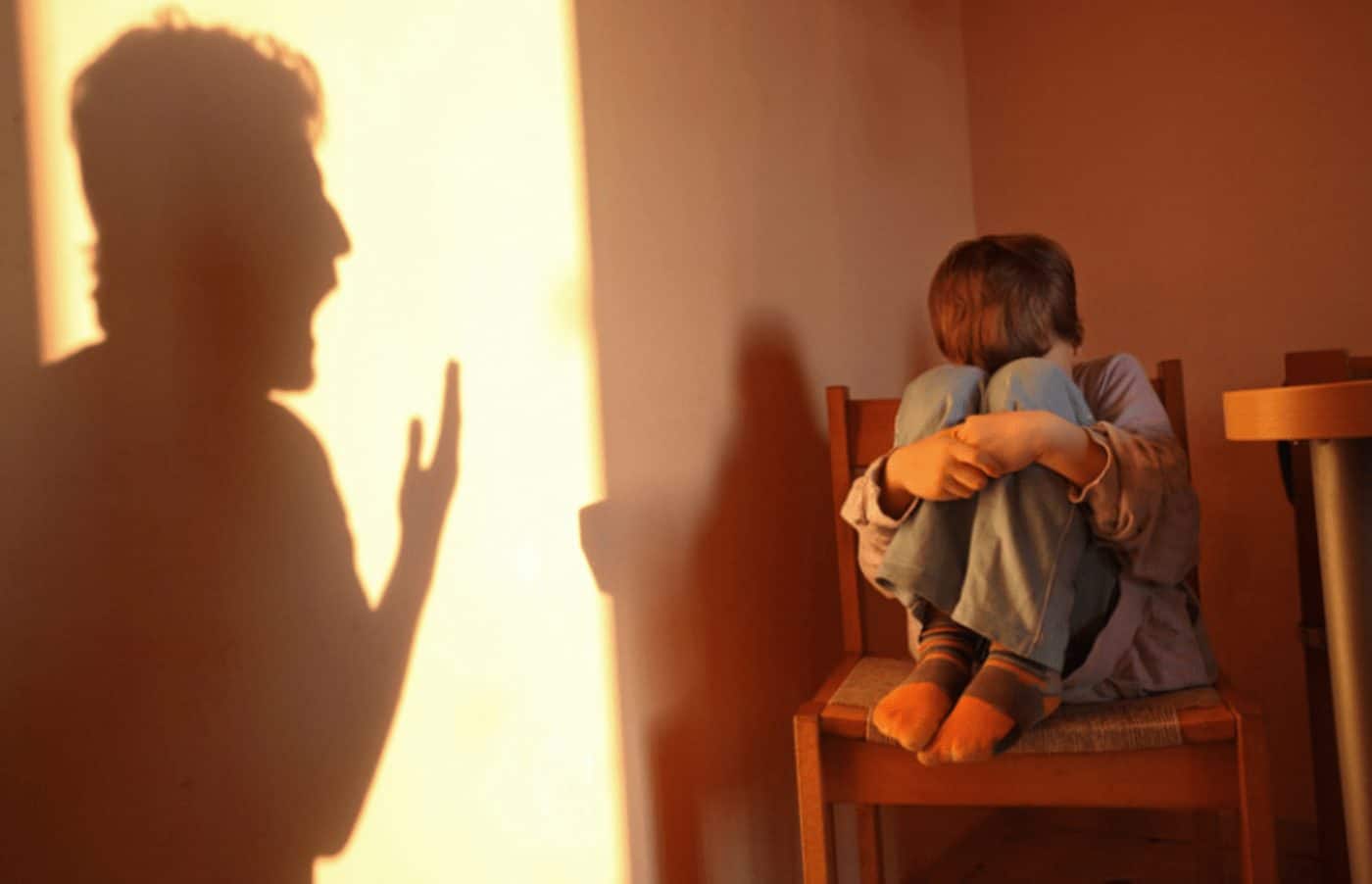What Actually Happens When Children Are Faced With Yelling Adults
You finished a long day of work. You’re not sleeping well. You’re not eating well. You want to find time what little time you have to relax, take some time for yourself. Adults with children, how many times has this happened:
This clip might draw laughter or scorn, or both! But my point is after a long day, you’re going to not be as mindful. Your emotions, thoughts, and actions are clouding your better judgments. Imagine when you shake up a snow globe, and everything is a mess, where you can’t even see what’s in front of you clearly. And what do you do? You do what Louis does to Stewie. And you yell. You scream. You shout.
While I want everyone to know that shouting is something we can do without, I am realistic. But Parents, Teachers, adults, there’s good news and bad news.
The good news is that for those adults who sporadically yell at a child by age 11, the psychological and emotional damage to a kid is minimal (assuming it’s not true verbal abuse). The bad news is those parents or adults who are constantly yelling at their child or student, they are setting the stage for more shouting matches in the late-elementary school and teenage years. Here’s what’s actually happens when children encounter yelling adults.
Yelling Releases Stress Biochemicals – Adrenaline, Cortisol, Norepinephrine
The brain is an amazing organ. It’s filled with neurotransmitters and neurons that are consistently changing. Shouting will not ruin your child’s brain, but stress will. Adrenaline, Cortisol, Norepinephrine, these are three major biochemicals your brain releases when you are stressed. When a child, a toddler, with an underdeveloped prefrontal cortex, gets yelled at, these three biochemicals are released. Fight or flight. Your child may run away, your child might shout back. Your child might freeze. Adults, stress is not good for brain formation. And while your brain is consistently changing, so does your personality. Your behavior.
While behavior can change, any action that is repeated over time will become ingrained.
Yelling Causes Loss Of Credibility And Respect
In any argument or debate, the loser is usually the one that loses his or her temper. When you scream you lose. Imagine being yelled at by your boss, or a family member, a loved one, a significant other, a stranger on the street, a presidential candidate.
The instant a person raises their voice, their words lose credibility. A wise adult who, in the face of being yelled at by someone else, will speak quieter. This does two things. 1) It makes the person who was yelling listen to you 2) Using a calm tone to explain shows you’re the one in control.
Yelling Adults Train Yelling Kids
Children will mimic those that they love. Adults who children trust, who can help them out the most, hold an enormous amount of influence. If you want your child to be kind, you must show kindness. If you want your child NOT to scream and shout, that instead of yelling you must demonstrate calm and tranquility. Where’s our next Mr. Rogers? When it comes to Parents and Teachers, the maxim of “do as I say, not as I do” this doesn’t apply. Children will do, if you want your values to resonate, you must first demonstrate it.
Confusion of When Yelling Is Appropriate
Yelling should be used as a warning. Think of the last time someone was hurt or in danger. That’s a great time to raise your voice because you need to get help, to point out, to get an action to stop. Every other time, you’re explaining. You should use a quiet speaking voice to explain.

